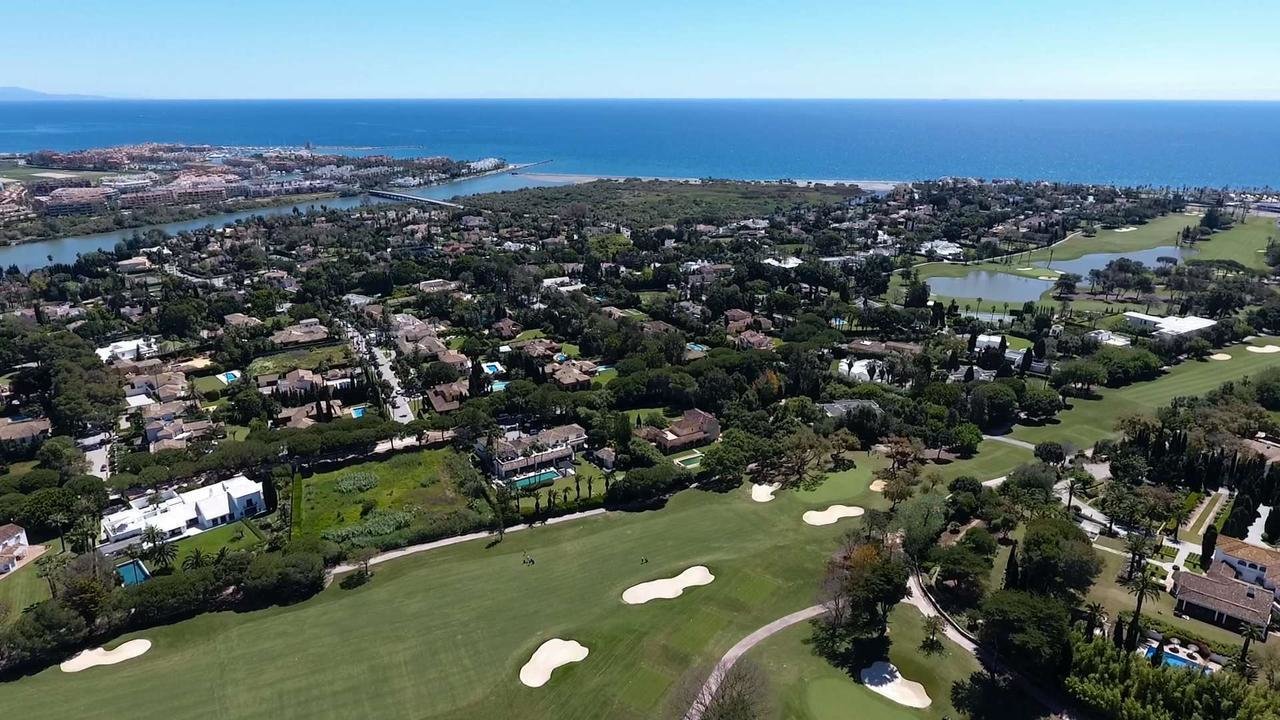Movilidad, por Carlos Rodríguez Braun

La movilidad es un derecho fundamental que damos por sentado hasta que lo perdemos. Esto no sucede igual con todos los derechos, porque hemos perdido la movilidad abruptamente. Con la movilidad parece no valer la sabiduría de David Hume, que sostuvo que la libertad nunca se pierde toda de una sola vez.
Pensemos en el derecho de propiedad. También lo damos por sentado, sin percibir que hemos ido perdiéndolo paulatinamente, con unos niveles de presión fiscal que nuestros abuelos no habrían tolerado. Pero los Estados aprendieron pronto a incursionar gradualmente contra las carteras de sus súbditos, como sentenció Jean- Baptiste Colbert, ministro de Luis XIV: “El arte de recaudar impuestos consiste en desplumar al ganso obteniendo la mayor cantidad de plumas con el mínimo de graznidos”.
La pandemia del coronavirus, en cambio, anuló nuestro derecho a la movilidad de la noche a la mañana. La gran mayoría de las personas no recordaba haber pasado por semejante violación de su libertad de movimientos. Para colmo de males, el confinamiento probó la veracidad de una antigua idea económica, a saber, que la riqueza se crea mediante la comunicación, el mercado, el movimiento, el contacto y el intercambio entre las personas. Si el poder los impide, las consecuencias económicas son catastróficas.
Es evidente que los seres humanos aceptamos tan tajante violación de nuestras libertades porque el miedo desactiva nuestra natural tendencia a resistir los abusos de poder. Nos pareció que, ante la amenaza a nuestra vida, era razonable que aceptáramos la usurpación de nuestros derechos.
Ahora bien, hay dos matices importantes. El primero es que dicha aceptación depende del tiempo, porque cabe esperar que una ciudadanía que anticipe un confinamiento de varios años, por ejemplo, lo rechazaría. Y el segundo es que el enorme protagonismo que adquiere el Estado en estas emergencias, lo expone también a la luz pública y a la crítica popular ante sus fallos más grotescos.
Sobre estos asuntos podemos reflexionar quienes hemos padecido un castigo adicional, porque no solo hemos estados confinados, sino que hemos sufrido el confinamiento lejos de nuestro Sotogrande.
Mobility
Carlos Rodríguez Braun
Mobility is a basic right that we take for granted until we lose it. The same cannot be said with all rights, because we have lost mobility suddenly. The wisdom of David Hume, who stated that freedom is never lost all at once, seems not to apply to mobility.
Think about the right to property. We also take it for granted, without realising that we have gradually lost it, with levels of tax burdens that our grandparents would not have tolerated. However, States soon learned to make gradually forays against the wallets of their subjects, as Jean- Baptiste Colbert, minister under Louis XIV stated: “The art of taxation consists in so plucking the goose as to obtain the largest possible amount of feathers with the smallest possible amount of hissing”.
On the other hand, the coronavirus pandemic annulled our right to mobility overnight. Most people could not remember having experienced a similar violation of their freedom of movement. To make matters worse, confinement showed the truth of an old economic idea, namely, that wealth is created through communication, the market, movement, contact and the exchange between people. If power stops them, the economic consequences are catastrophic.
It is clear that human beings accept such a resounding violation of our freedoms because fear deactivates our natural tendency to resist the abuses of power. It seemed that, faced with the threat to our lives, it was reasonable to accept the usurpation of our rights.
However, there are two important nuances. The first is that such an acceptance depends on time, because it could be expected that citizens anticipating a confinement of several years, for example, would reject it. And the second is that the enormous prominence that the State acquires in these emergencies, also exposes it to the public eye and the criticisms of the public in the face of the most grotesque errors.
Those of us who have suffered an additional punishment can reflect on these matters, because we have not only been confined, rather, we have suffered confinement far from our Sotogrande.


